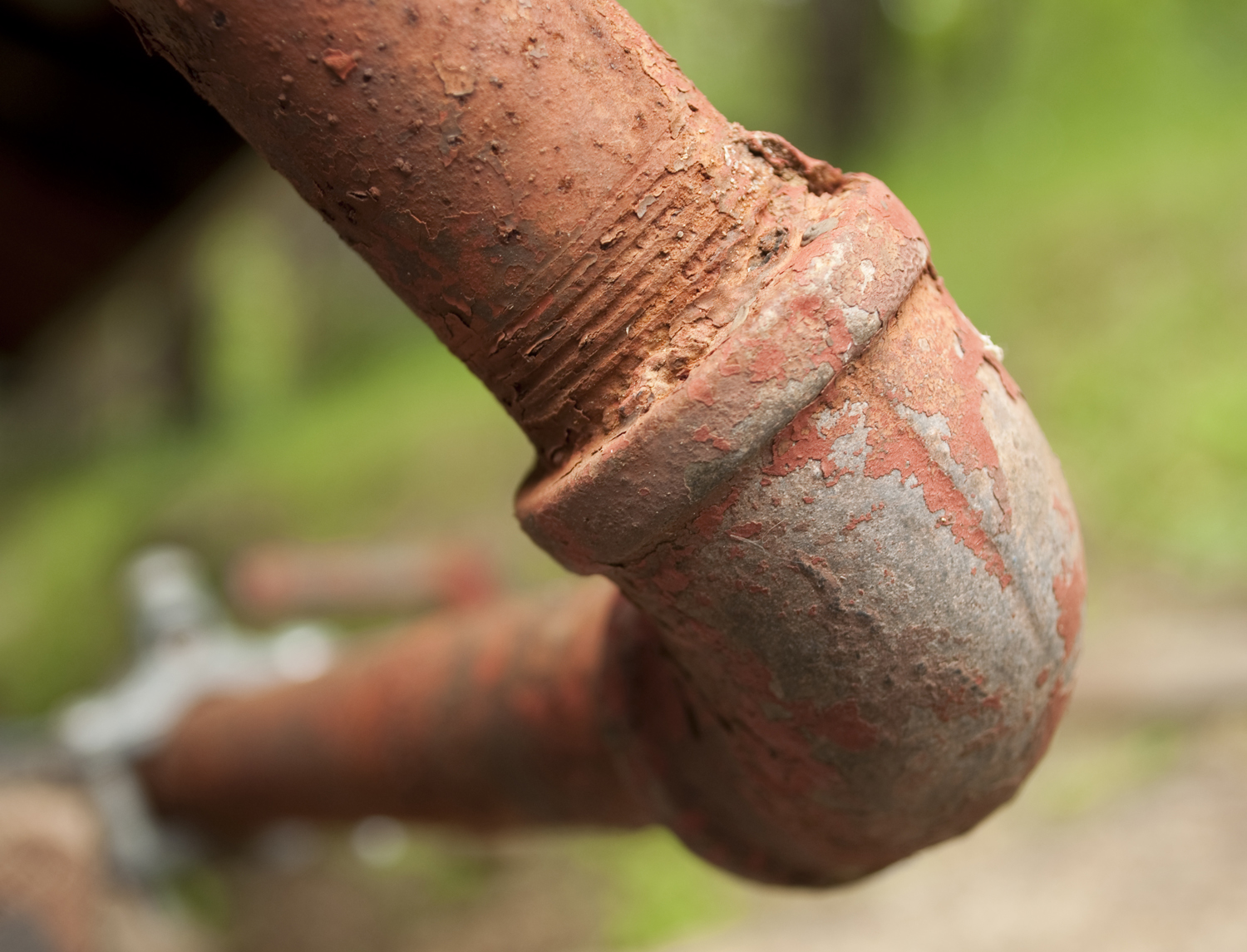While our nation’s enormous natural gas boom has helped cut carbon dioxide emissions, it has also revealed several issues working against our wallets and our climate goals.
Improving our existing pipe system to eliminate leaks will save money and reduce our greenhouse gas impact.
Natural gas is mostly made up of methane. As a greenhouse gas, methane is much stronger than carbon dioxide. In fact, over a 100-year period, methane is 20 times more effective at warming the atmosphere than the same amount of carbon dioxide. Over 20 years, methane is over 50 times stronger! Methane makes up one-tenth of all US emissions, and while emissions are trending down as a whole, it’s troubling to know that we’re not currently doing all we can to cut methane further.
Each year about 2 percent of all natural gas in the United States is “lost or unaccounted for.” While it does not sound like much, it’s actually over 250 billion cubic feet and causes some easily preventable damage.
 There are many causes of lost and unaccounted for gas, but a lot is simply leaked through old and deteriorated pipes. By far the biggest offenders are those pipes made of cast iron or bare steel. Here in Connecticut, we have 1,500 miles of cast iron and 180 miles of bare steel pipes crisscrossing our state.
There are many causes of lost and unaccounted for gas, but a lot is simply leaked through old and deteriorated pipes. By far the biggest offenders are those pipes made of cast iron or bare steel. Here in Connecticut, we have 1,500 miles of cast iron and 180 miles of bare steel pipes crisscrossing our state.
Current regulations allow gas companies to recover the costs of lost and unaccounted for gas, no matter the cause, so unless a leak is directly threatening public health, there is no incentive for a company to repair it. And ratepayers are stuck paying the price.
In Connecticut, conservative estimates from the EPA report over 500 million cubic feet of natural gas leaked in 2012. And at an average price of $7.30 per thousand cubic feet, these leaks cost Connecticut’s ratepayers nearly $4 million.
These unnecessary leaks also make it harder to reach our climate goals. In 2010 in Massachusetts, energy efficiency programs saved just over 1 billion cubic feet of natural gas. Unfortunately, the state also lost just over 1.7 billion cubic feet that year. Losing more than you’re saving is not a winning strategy. Cutting losses while increasing efficiency will put us on the right path.
Fixing broken pipes is a simple strategy, and modern innovations can improve the distribution to save even more. The Natural Resources Defense Council and the Conservation Law Foundation have each put out informative reports on methane leakage and potential solutions.
New England’s power grid is steadily embracing more and more natural gas and Connecticut’s gas companies are looking to expand their network of pipes. If we can improve while we grow, we can save money and lessen our greenhouse gas impacts. Connecticut Fund for the Environment looks forward to working with state legislators and gas companies to find effective ways of making this happen.
Posted by Tyler Archer, Outreach Fellow for CFE/Save the Sound.
